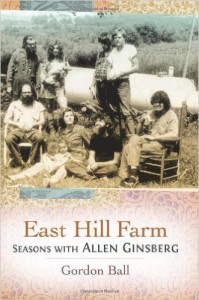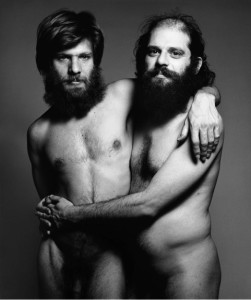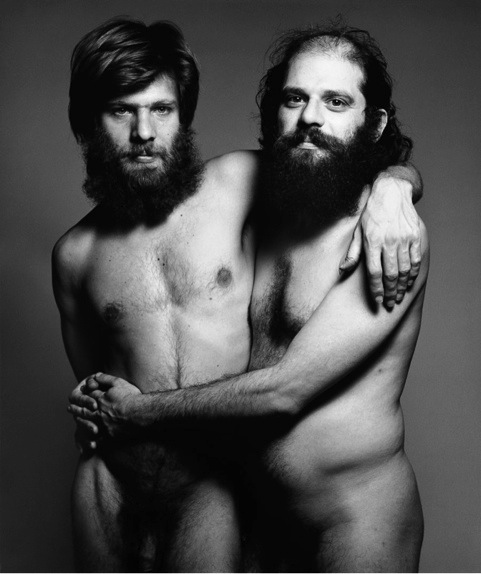 East Hill Farm: Seasons with Allen Ginsberg
East Hill Farm: Seasons with Allen Ginsberg
by Gordon Ball
Counterpoint Press. 416 pages, $28.50
GORDON BALL’S memoir is a beautiful, poignantly sad time capsule by a participant in Allen Ginsberg’s East Hill Farm in upstate New York. There, in the late 1960’s, a dilapidated farmhouse was bought by Ginsberg’s nonprofit organization, Committee on Poetry, Inc., and served as home to Ginsberg, Peter Orlovsky, Denise Feliu, Julius Orlovsky, Bonnie Bremser (née Brenda Frazer), Ray Bremser, Gregory Corso, Herbert Huncke, Barbara Rubin, and the author of this book, who served as farm manager for the group. Written in Ball’s cool, clear prose, East Hill Farm is a nuanced portrait of a very specific historical moment that encompasses the death of Jack Kerouac and the end of the hippie era. Ball’s focus is on the everyday moments of life at the Farm, and these are captured gracefully.
Although it took place less than half a century ago, the farm feels whole worlds and paradigms of consciousness away. This was the 60’s, the age of “free love”—though free love was a doctrine that made it difficult to manage everyday human problems, such as jealousy. Ball, judging from the photos in the book, possessed an ethereal beauty that he seems to have taken full advantage of, though much of his sexual activity was with one person, a redhead named “Candy.” One night he invited Allen into bed with Candy and him: “Hey, Allen, are you feeling sexy?” Another time he attended a performance of the Living Theater in New York City in which the actors ended the performance in an on-stage orgy of nakedness with audience members—and he joined in. Only his date’s virginal shyness prevented him from taking off his underwear. When he later recounted the incident to Allen, the latter replied, “What! You didn’t get naked?”

Despite orgies and such, the image of Ginsberg that emerges from East Hill Farm belies the assumption that the rural refuge was all about sex. His relationship with Peter Orlovsky was “at times close, at times distant, but almost never sexual.” There’s an unmistakable bond between the two men, as revealed by a photo showing them holding hands. (Allen is in overalls and Peter in jockeys.) In the end, it was a world in which sex was more about intimacy and intellectual honesty than about possession or sexual gratification. At one point Ball discovers that Candy has taken another lover. When he confronts her, they allow each other just to sit in a room and talk. She explains that for a long time she has felt that Ball was no longer making love to her. Ball neither argues nor accuses her. Instead, he admits that she is right. Then they make love.
________________________________________________________
Peter Neofotis is the author of Concord, Virginia: A Southern Town in Eleven Stories (St. Martin’s, 2009).






